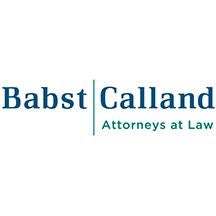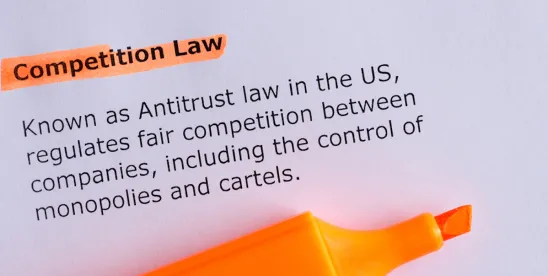On April 23, 2024, the Federal Trade Commission (FTC) voted 3-2 to publish its proposed final rule banning most noncompetition agreements, or “non-competes.” The final rule becomes effective 120 days after its date of publication in the Federal Register, but legal challenges to the FTC’s authority to issue this ban will likely result in a stay in enforcement of the ban until litigation is resolved.
As of the effective date, the final rule would ban new non-competes with employees, independent contractors, and volunteers nationwide, on the basis that non-competes are an unfair method of competition and therefore a violation of Section 5 of the FTC Act, with one exception. The ban will not apply to a non-compete that is entered into pursuant to a bona fide sale of a business entity, the persona’s ownership interest in a business entity, or all or substantially all of a business entity’s operating assets.
The final rule will also void pre-existing non-competes, with two exceptions. First, existing non-competes for senior executives will remain enforceable after the effective date of the final rule. A “senior executive” is defined as a worker earning more than $151,164 annually who is in a policy-making position, meaning a company president, chief executive officer or equivalent, or any other person who has final authority to make policy decisions that control significant aspects of a business entity. Second, the ban will not apply where an existing non-compete has been breached and a cause of action accrued prior to the effective date.
The final rule will additionally require employers to provide “clear and conspicuous notice” to all workers, other than senior executives, with existing non-competes by the effective date stating that the non-compete will not be, and cannot legally be, enforced.
This final rule originates from the notice of proposed rulemaking the FTC issued in January 2023, which was subject to a 90-day public comment period. The FTC received more than 26,000 public comments prior to the April 23, 3024 vote. The following day, on April 24, 2024, the U.S. Chamber of Commerce along with three other business groups filed a lawsuit against the FTC in the U.S. District Court for the Eastern District of Texas seeking an injunction to stop the implementation of the ban.
As previously reported, there is a reasonable likelihood that legal challenges to the ban would be successful. In West Virginia v. EPA, 597 U.S. 697 (2022), the U.S. Supreme Court recently demonstrated skepticism of sweeping rulemaking from regulatory agencies, due to potential violation of the separation of powers doctrine. The Court adopted the major questions doctrine, which holds that in extraordinary cases of political and economic significance, where an agency makes “unheralded” use of its authority, the agency must be able to identify a clear statement from Congress authorizing that particular action. Given the broad scope of the final rule and the unchanged makeup of the Supreme Court, it is likely that a national non-compete ban would be considered an extraordinary case of political and economic significance, and would have to clear the major questions doctrine hurdle to survive.
Employers who use non-competes should think strategically about implementing stronger non-disclosure and/or confidentiality agreements in the event that we reach the effective date of the final rule without pending litigation resulting in a stay of enforcement of the ban. As the effective date is more than 120 days away and such legal challenges are already under way, employers should not jump to conclusions about the immediate or ultimate enforceability of the FTC’s non-compete ban.




 />i
/>i

